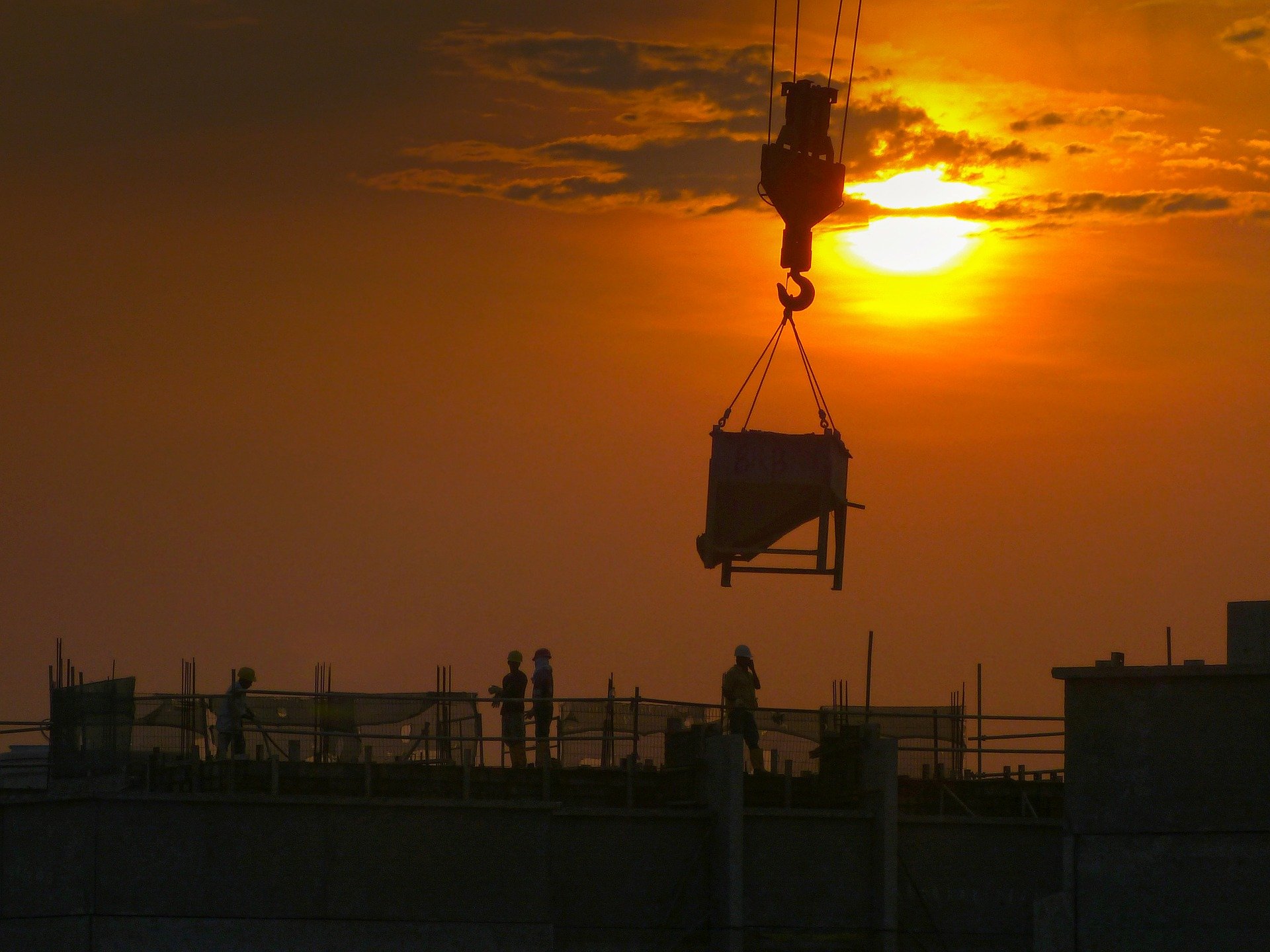
Construction is a broad industry which encompasses many different types of building processes. Today, one of the growing construction categories is modular construction. Discover what modular development is, and some of the pros and cons, so you can determine if modularly constructed components may become part of your future growth.
What is Modular Construction
Modular construction is a type of construction process where pieces (or modules) are created in a factory and are then put together on site. For those working on the worksite, there is less detailed work, and the job is completed faster. It allows for large builds to be finished much quicker without loss of quality.
Benefits of Modular Construction
- Streamlined Construction - The process takes less time, allowing businesses to take control sooner. For many projects, saving time can mean lower costs and happier clients.
- Higher Efficiency - There is less labor needed to put together modular units than to build from scratch. In addition, fewer materials are wasted.
- Less Environmental Impact - In most cases, there is less likely to be site damage and less waste is put into landfills. Protecting the earth is important from both a social AND a business standpoint.
Drawbacks to Modular Contruction
- Restricted Flexibility - Utilizing pre-made modules puts less flexibility in the hands of the builders. Businesses that have specific plans in mind may have to compromise to work within the capabilities of modular construction.
- Transportation Issues - Moving large modules to the worksite from the factory or showroom can sometimes be a challenge in and of itself.
- Poor Perception - Because modular construction hasn’t always offered the same high quality that it does today, there are some perception issues from the public.
As you can see, there are both benefits and drawbacks to modular construction. While it can be the ideal solution for many building projects, make sure you research the builder and make sure it will suit your needs today AND into the future.





